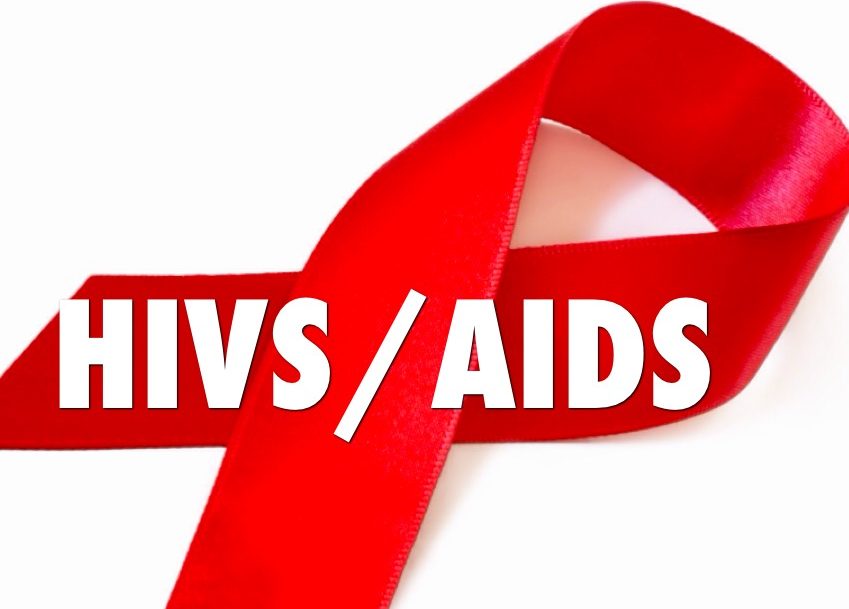Since 2014, the number of new HIV infections in Fiji has risen by an alarming 10-fold.
A UNAIDS report titled ‘2025 Global AIDS Update, AIDS, Crisis and the Power to Transform’ estimated that fewer than 500 people were living with HIV in Fiji in 2014.
“Just 10 years later, that number was 5900,” the report stated.
“In 2024, only 36 per cent of people living with HIV in Fiji were aware of their HIV status, and only 24 per cent were receiving treatment.”
The report published a story on DrugFree World Fiji founder Kalesi Volatabu which said preliminary data for 2024 from the Ministry of Health showed that among people newly diagnosed with HIV who were currently receiving antiretroviral therapy, half contracted HIV through sharing needles.
“Responding to the sharp increase in new diagnoses, the Government of Fiji declared an HIV outbreak in January 2025.
“The HIV Outbreak Response Plan and the previously announced Counter Narcotics and HIV Surge strategies call for the introduction of harm reduction programs for people who inject drugs.
“Currently there are none. Although there is agreement in principle with the introduction of needle–syringe programs, moving towards implementation has been more challenging.”
Ms Volatabu said Fiji still needed to raise awareness.
“It is not just about giving out needles, it is about education,” Ms Volatabu said.
“But there are so many myths and misconceptions.”
She said we have to educate the leaders first.
“When the indigenous chiefs call, people will follow. Then there are the churches. Last but not least, the Government.”



